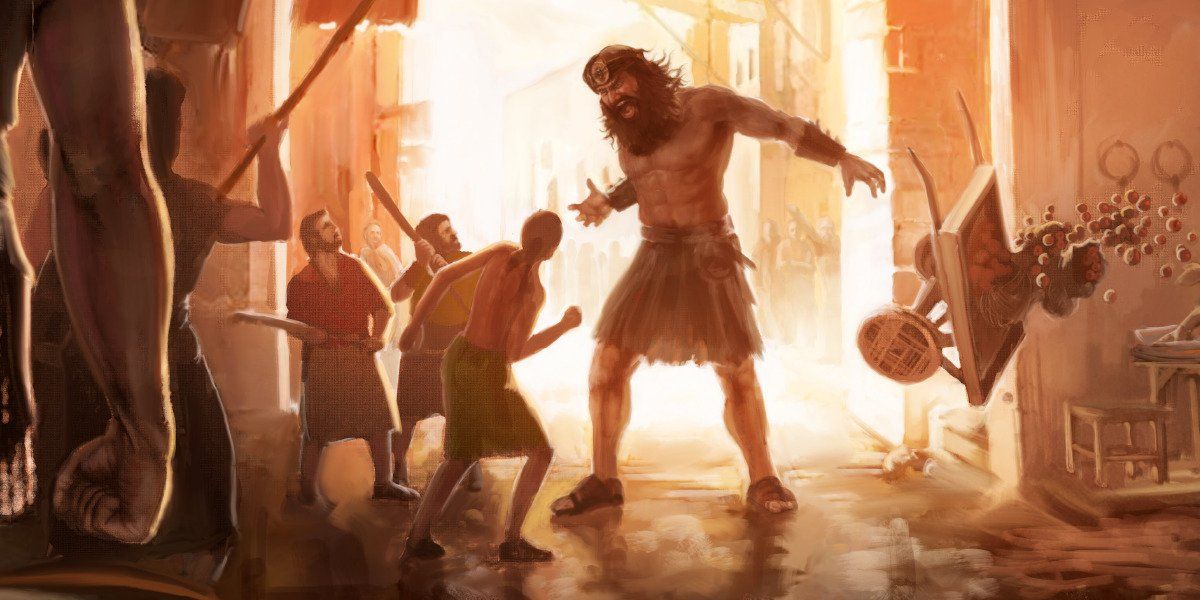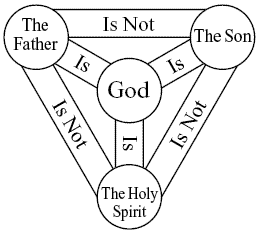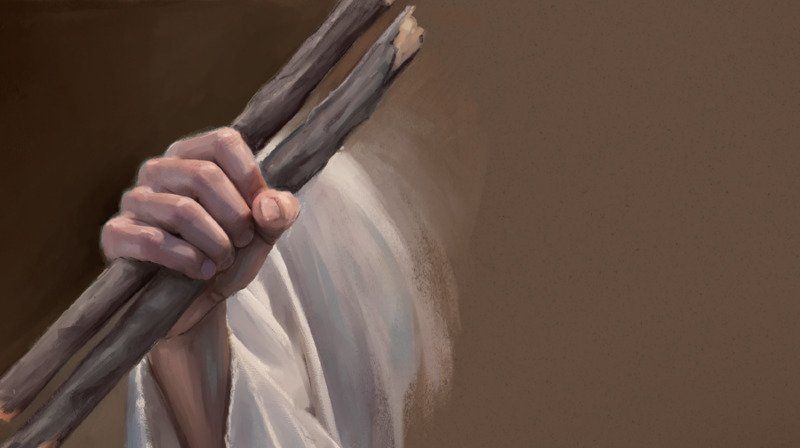When, if ever, can a Christian declare bankruptcy?
Psalm 37:21 says, “The wicked borroweth, and payeth not again…”
In many respects our economy is quite different from that of Bible times. For example, we don’t normally buy and sell using commodities like sheep and wheat. But at the same time our modern market system is not that much different. We still find ways to obtain cash in order to trade for what we need or want.
Even back in Bible times God condemned “menstealers” (those who would traffic in human slavery, 1 Timothy 1:10) and yet the New Testament seems to approve of “masters” and “slaves or servants” (Eph 6:5; Col 3:22; 4:1; 1 Tim 6:1; Titus 2:9; 1 Peter 2:18). How can that be? We actually have the same thing today – a sort of modern-day indentured servitude – it’s called “Master” Card. It is a mutual and voluntary contract that binds one party into the service of another for a specified term. We are subsequently ‘reminded’ of our agreement each month until it is paid off.
When bankruptcy is declared, the creditor is frequently forced to settle for just pennies on the dollar. In that case, the borrower did not keep his or her end of the bargain – and God warns His people against vowing a vow and not paying it (Eccle 5:5). For that reason, I believe that a Christian should not normally declare bankruptcy.
An exception might be the extreme case where interest charges alone every month are more than the borrower can possibly pay. In these rare cases I have recommended filing for bankruptcy for the purpose of stopping the accrual of interest – with an important caveat: a Christian still owes the entire debt (including accrued interest to the date of bankruptcy) and should repay every penny of it! Remember Psalm 37:21? “The wicked borroweth, and payeth not again…”
How about a Bible example…in 2 Kings 4:1-5, the wife of a preacher called out to God for help against her creditors. God’s answer was to provide a way for her to pay the debt off – not get out of paying it.
A couple of other thoughts would include, “Owe no man anything…” (Rom 13:8) and “…the borrower is servant to the lender” (Prov 22:7). The goal is, by applying godly principles, to get to the place where you can be the lender instead of the borrower – a blessed place to be indeed (Deuteronomy 15:6; 28:12).
In Nehemiah 5:1-5, we are given the picture of a heavy debt that is so extreme only God can pay it. The truth is that we are all spiritually and morally bankrupt. In dying on the cross, God paid a debt He did not owe because we owed a debt we could not pay. The only bankruptcy allowed and in fact encouraged by God is the declaration of spiritual bankruptcy. God is willing and able to pay that debt in full! The more you realize just how much God had to forgive in order to pardon your sin, the more you will love, follow and serve Him (Luke 7:41-43).










